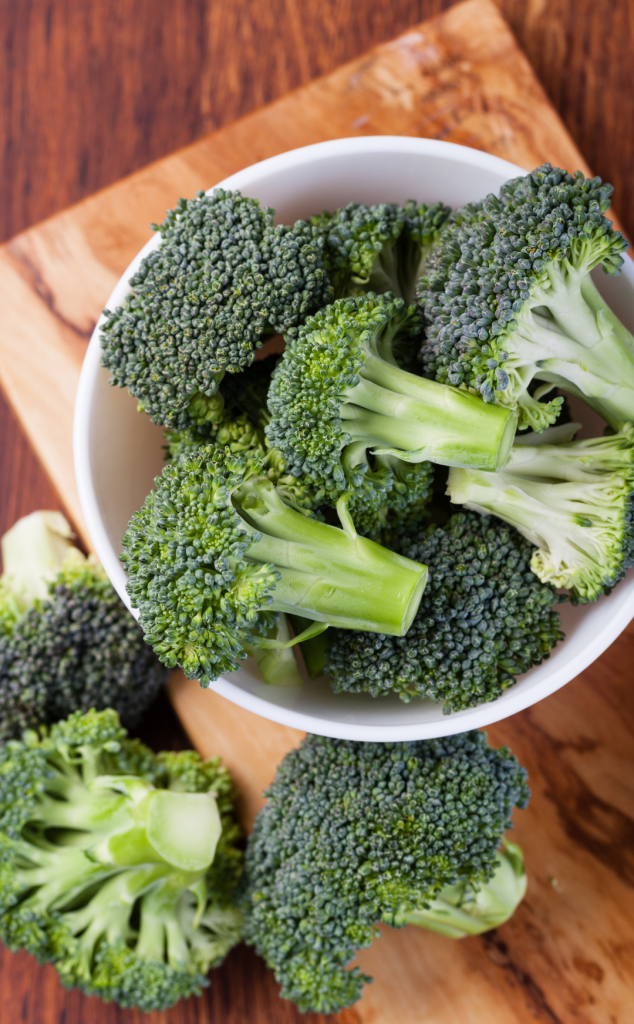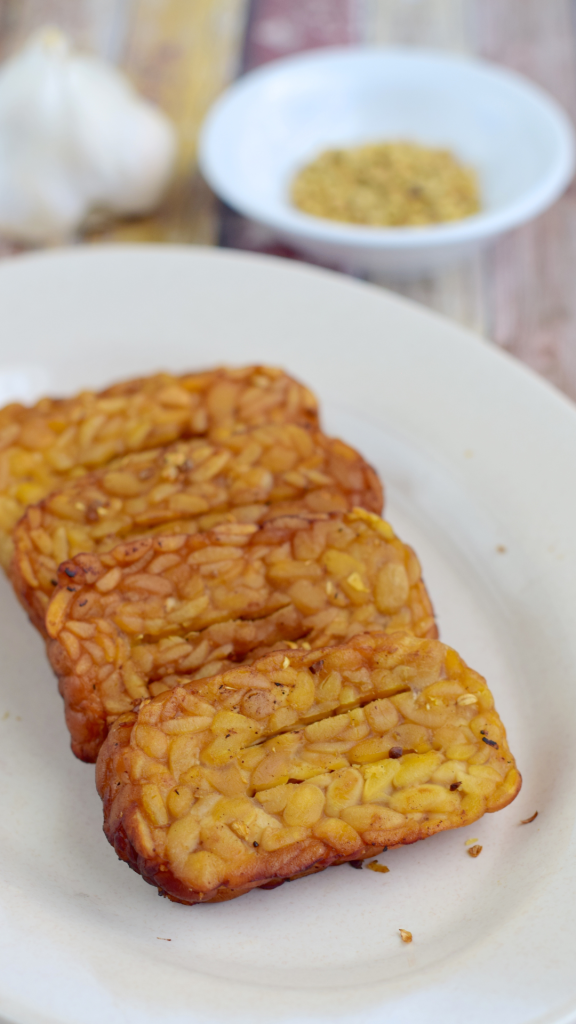Some key foods/nutrients:
MACRONUTRIENTS
PROTEIN
Ensuring you have adequate protein in each meals, means you won’t get big glucose spikes when eating “naked carbohydrates” (e.g. carbs without a protein or fat). Protein slows the release of glucose to maintain stable energy levels, avoiding blood sugar crashes and fatigue.
Protein rich foods: Meat, fish, legumes, eggs, nuts and seeds
FATS
Pairing healthy fats with carbohydrates also helps to maintain stable energy levels. Omega 3 fatty acids are brilliant for their anti-inflammatory effects and known benefits on cognition and memory.
Found in: Sustainably caught fish (especially small oily fish like mackeral + sardines!), avocado, cod liver oil, nuts and seeds
MICRONUTRIENTS
B VITAMINS (Especially B12, B6 and B9)
B vitamins are needed for energy production, red blood cell formation, haemoglobin production and in the making of serotonin (a mood-boosting neurotransmitter). Some like B6 are also needed to produce tryptophan, the precursor to melatonin (our sleep hormone)= quality sleep for better mood.
Found in: Wholegrains (brown rice, millet, oats, quinoa), eggs, chicken, green vegies (spinach, broccoli), bananas, dairy products, legumes, fish and red meat.
Note- B vitamins are water soluble, so can be depleted with cooking; they are also inhibited with alcohol consumption.
IRON
Iron is really important for mental health and low iron is correlated with fatigue, a lack of focus, anxiety and higher rates of post-partum depression!
Iron rich foods:
Haem iron- Animal sources including liver, red meat, chicken and sardines
Non-haem iron- Chickpeas, lentils, legumes in general, green leafy vegetables like spinach, oranges/freshly squeezed orange juice, figs, black strap molasses and tofu.
VITAMIN D
The sunshine vitamin! Low vitamin D is linked to poor mental health and depression (no wonder there is such thing as seasonal affective disorder- aka SAD).
Best sources: Daily sunshine exposure, cod liver oil, eggs, oily fish.
PRE AND PRO-BIOTIC FOODS
The gut-brain axis is an area that there is mounting research for; demonstrating more and more that our digestive system and the microbes present, directly impact our mental health. Our gut microbes can play a role in vitamin synthesis (such as B12, which is needed for mental health). Both the food we consume and our gut microbes can be pro-inflammatory and cause oxidative stress or have beneficial, anti-inflammatory actions. Consuming pro-biotic foods (fermented foods containing beneficial live organisms) is one way to support our microbes. These foods include sauerkraut, kefir, kimchi and tempeh.
Be sure to include more pre-biotic rich foods, such as chicory, artichoke, leeks, asparagus, onion, garlic; this will encourage a healthy microbiome by feeding the live bacteria. Through this process, bacteria can produce short-chain fatty acids which help to maintain the gut lining and have anti-inflammatory effects.
Importantly, DIVERSITY in the diet is one crucial way to encourage microbial gut diversity- aim for 30 different plant foods weekly.



